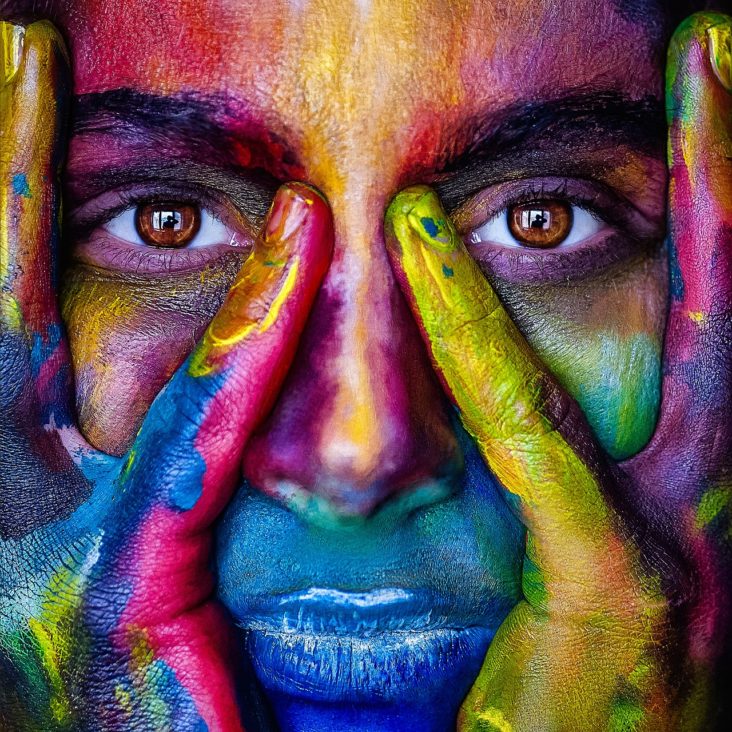Faces

I don’t know what is worse. The political correctness of today’s culture that requires people to apologize for things done in the distant past or people who actually apologize for these things. There are two different aspects to this problem that bother me
Different Time – Different World View
If a decision outcome would be the same based on the same or similar historical time and cultural morals and ethics of the time then why would someone feel the need to apologize? We can certainly recognize that we have evolved in our thinking since that point in history and that, given what we know now, the same outcome shouldn’t be considered the standard of care. But that doesn’t change the historical context of the time.
There seems to be so many people and cultures that feel that they are owed today based on the sins of the past. There is a fine line between uncovering moral and ethical responsibility, based on today’s values as compared to yesteryears, and actions which were morally, ethically, or legally questionable at the time.
The farther back in time you go, the less likely it will be that what we perceive as insensitivity actually was.
The farther back in someone’s youth you go, the less likely it will be that they will have the wisdom to make the same choices they would have based on themselves 10, 20 or 40 years into their future.
Youth, at any age, is a time for exuberance. It is a time to make questionable choices as we are still finding our way and who we are. Power, sex, education, experience … there are lots of people willing to sell their opinions on who or what you should be. Almost all of them are bull shit.
All of us have to find out on our own and, if we are very lucky, have good role models to help make those choices in the process.
The question shouldn’t be whether we should apologize for our past but whether we have grown since that time and changed the pattern of behavior that led to those decisions. If not, then that is something that needs to be apologized for because that represents who we are as a person today.
Otherwise, allow the example to stand for what it was – a pattern of behavior that was given agency by others at the time in which the decision was made. Allow others to have that conversation today about why we feel it is now wrong, and discuss the cultural, political, and ethical factors that allowed for such decisions to be considered acceptable in the first place.
Don’t apologize or dwell on it. It is in the past. People are certainly not owed anything by it.
Allow it to guide our todays and tomorrows to make things better.
Adoration verse Cultural Insensitivity
The other aspect is one of adoration for a culture that is not our own. We live in a world that is infinitely connected to different ideas, religions, faiths, cultural norms, and philosophies.
There is a distinct difference between actions which are racist, those which are a deliberate form of cultural appropriation, and those which seek to enrich ourselves through an understanding of someone else’s culture.
Why shouldn’t people be allowed to experience the best of what a culture has to offer through direct experience rather than having to observe from the perspective of an outsider?
If someone is making an honest attempt to assimilate into their experience the ideas of another culture, without the intent to corrupt or denigrate, why should we automatically feel that is a bad thing?
Not every act of perceived racism is racist. Misguided in some circumstance, but unless the act itself was born of malice with the intent to repress, repudiate, or denigrate then the conversation shouldn’t immediately turn to one of condemnation.
People who were not born into a culture aren’t going to be aware of acceptable forms of self-expression and inclusiveness for outsiders to express adoration for a culture or its aspects. They are, by the exuberance of their ‘youth’, going to make mistakes and likely overstep. This is an opportunity for education and enlightenment, not the promotion of hate and fear.
Our culture, especially here in Canada, has been driving towards one of acceptance of cultural differences. However each overreaction to misunderstandings puts up barriers rather than tearing them down. It increasingly segregates cultures and communities making them less open rather than more. It encourages people to not assimilate new ideas and to be less inclusive for fear of offending sensibilities which are incapable of separating adoration from abrogation.
Not every act of mimicry is an act of vandalism.
I understand that it depends on which side of that line you stand on as to whether one may see it that way or not. The unfortunate reality is that there are many thin grey lines on which people are either privileged or disadvantaged. It is not simply a question of race, creed, color, sex, or age. There are many forms of culture and sub-culture that can claim the right to cultural sensitivity by others.
Cultural sensitivity however needs to pass both directions across that line where actions are unintentionally seen as being demoralizing or condescending. Someone who truly cares about their culture needs to be both student and teacher to build bridges across these types of cultural divides, not burn them so others cannot pass.
We learn by doing – not by abeyance.
We grow through diversity – not through isolation.
We evolve by being engaged – not by observing from the sidelines.
I would hope that educating others on our cultural values and norms, regardless of how big or small that culture may be, and helping others towards constructive opportunities to experience, first hand, what that culture is truly all about, would benefit us all.
— Kevin Feenan